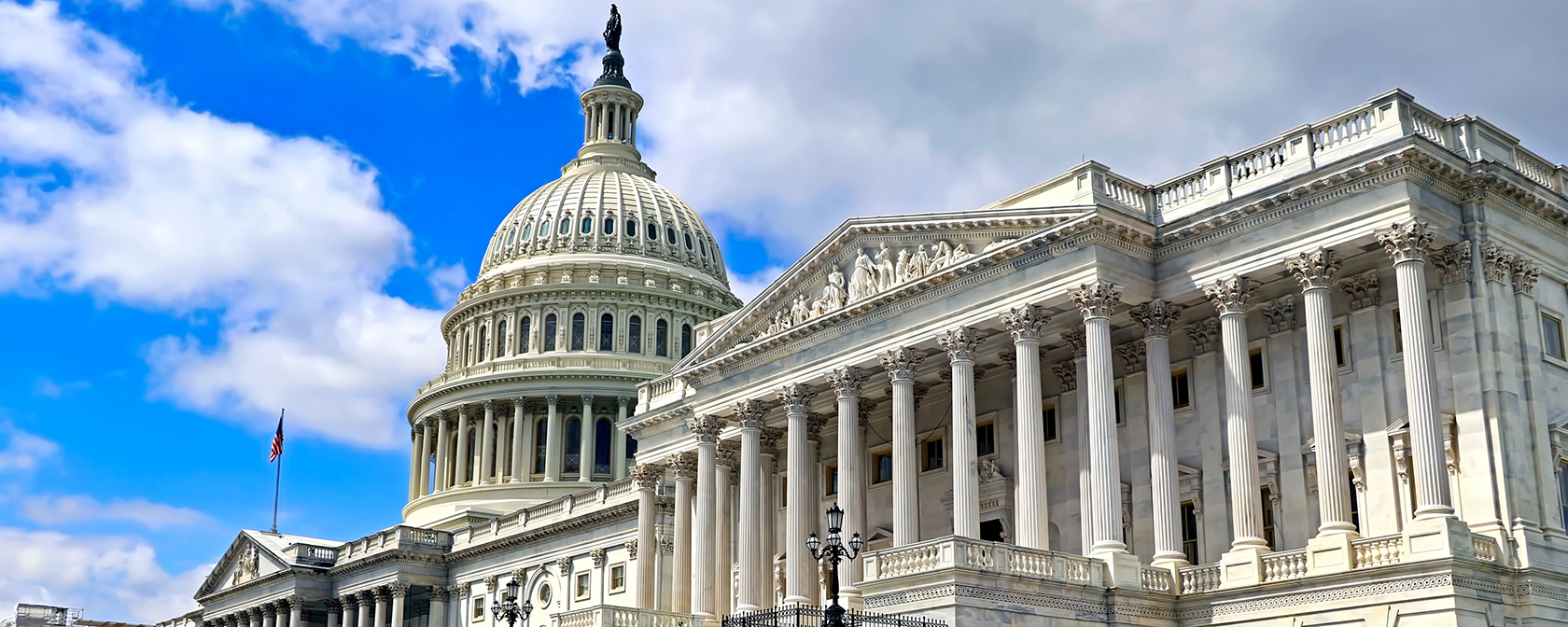A Groundbreaking Vision for Human Rights: The Charge Continues
This article was written by Troy Wolfe, Sr. Director, UNA-USA, Partnerships & Special Initiatives and Alesia Morris, UNA-USA DEAI Taskforce Member.
The United Nations Association of the United States of America (UNA-USA) celebrates December 10 as Human Rights Day.
As we pause to acknowledge and commemorate this day under the theme Our Rights, Our Future, Right Now, we do so with the understanding that there is still an ongoing need in the United States of America to support Diversity, Equity, Accessibility, and Inclusion (DEAI).
Human Rights Day marks an annual celebration since1948 when world leaders assembled at the Palais de Chaillot, Paris and adopted the Universal Declaration of Human Rights (UDHR). This document expressed the imperative for upholding human rights for all, while creating a humane, just, and equitable world.
The United Nations Secretary General himself states in 2024 that “Human rights are under assault” and that now is the time to build, take action, and to stand up for what we believe. Luckly, we do have a guiding document – the UDHR.
Seventy-six years since its publishing, we have seen much progress to achieve the vision of the UDHR, particularly in lieu of the United States’ commitment to the United Nations Sustainable Development Goals (SDGs) in 2015, which cannot be achieved without applying a human rights lens to the 17 Sustainable Development Goals; that said, the times are in conflict with the vision.
In the report Dismantling DEI: A Coordinated Attack on American Values, we are alarmed by the actions of more than 42 states who have introduced more than 440 bills that chip away at the core tenants of human rights – dignity, equality, and justice. Furthermore, the report makes the case that these attacks to DEI are not isolated – “these coordinated attacks purposefully downplay experiences of discrimination and exclusion that many Americans face in the halls of government, schools, and places of business.”
In spite of these issues, we must recommit to implementing the ideals and principles of the UDHR and its alignment with DEAI programs if we are to achieve universal human rights. To remain steadfast in the face of obstacles, we encourage civil society to challenge your assumptions, your mental models and to be open to new perspectives that can lead to new understanding. To do this, we look to the art of understanding frameworks.
In the report The Art and Science of Framing An Issue, the authors state “Whether you realize it or not, when you talk about an issue, people interpret whatever you say in the context of their existing worldviews. People aren’t blank slates, and they won’t ponder your carefully laid-out facts in a vacuum. Instead, they use mental shortcuts to make sense of the world. They slot new information into larger mental constructs that they already know to be “true.””
The takeaway, we must defend human rights and teaching of DEAI and speak about it in terms of American values by defining what it means to be American – recognizing that there is not one type of American but many – and that within any democracy the playing field is not even, so the need to address disparities is in-fact an American value that should be part of a dialog and a shared worldview.
The United Nations Human Rights Office of the High Commissioner (UNHCR) suggest that we support human rights at the local level by educating ourselves on local issues that intersect with human rights; that we attend and become actively engaged in community meetings focused on uplifting the rights and liberties for all; that we contact our locally elected officials to advocate for policy changes that advance human rights and DEAI; and that we lend our voices and resources to advancing human rights for the most vulnerable.
At UNA-USA, we believe in the power of local advocacy – we serve the United Nations well when we connect the local to the global. The SDGs, and the fact that the United States signed on to achieve them by 2030, requires active and mindful engagement from all actors.
As such, we must encourage a broader interpretation of the word advocate for the UN and make sure that civil society understands that the opportunity to advocate for the UN begins “in small places close to home, so close and so small that they are not seen on any map” – as stated by former first lady and UNA-USA founder Eleanor Roosevelt.
In conclusion, we invite you to learn more about the United Nations Association of the United States of America (UNA-USA) and the Diversity, Equity, and Inclusion Taskforce as we announce today, Human Rights Day 2024, the release of the UNA-USA DEAI landing page – www.unausa.org/deai .




